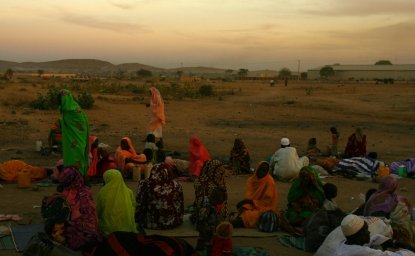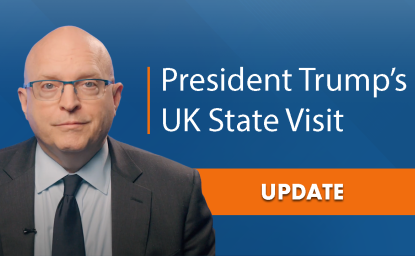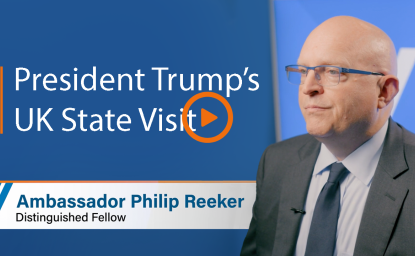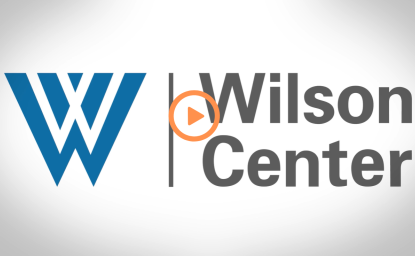The Latest
Latin America is home to 14 of the 25 countries with the highest rates of femicides, but meaningful policy against gender-based violence in the region has been slow and insufficient. Argentina saw the rise of the #NiUnaMenos movement to raise awareness about femicides and seek justice. Argentina also saw the pro-choice abortion movement known as Pañuelos Verdes that advocates for safe, legal and accessible abortion rights. In addition, “Un violador en tu camino” performance started in Chile to protest against #GBV. All three movements took the streets and social media to raise awareness and export common goals for women around the globe.
Guests



Latin America Program
The Wilson Center’s prestigious Latin America Program provides non-partisan expertise to a broad community of decision makers in the United States and Latin America on critical policy issues facing the Hemisphere. The Program provides insightful and actionable research for policymakers, private sector leaders, journalists, and public intellectuals in the United States and Latin America. To bridge the gap between scholarship and policy action, it fosters new inquiry, sponsors high-level public and private meetings among multiple stakeholders, and explores policy options to improve outcomes for citizens throughout the Americas. Drawing on the Wilson Center’s strength as the nation’s key non-partisan policy forum, the Program serves as a trusted source of analysis and a vital point of contact between the worlds of scholarship and action. Read more


Brazil Institute
The Brazil Institute—the only country-specific policy institution focused on Brazil in Washington—aims to deepen understanding of Brazil’s complex landscape and strengthen relations between Brazilian and US institutions across all sectors. Read more


Mexico Institute
The Mexico Institute seeks to improve understanding, communication, and cooperation between Mexico and the United States by promoting original research, encouraging public discussion, and proposing policy options for enhancing the bilateral relationship. A binational Advisory Board, chaired by Luis Téllez and Earl Anthony Wayne, oversees the work of the Mexico Institute. Read more

Explore More
Browse Insights & Analysis
Securing a Digital Future for Women and Girls in MENA

Conflict in Sudan: Widespread Sexual Violence





